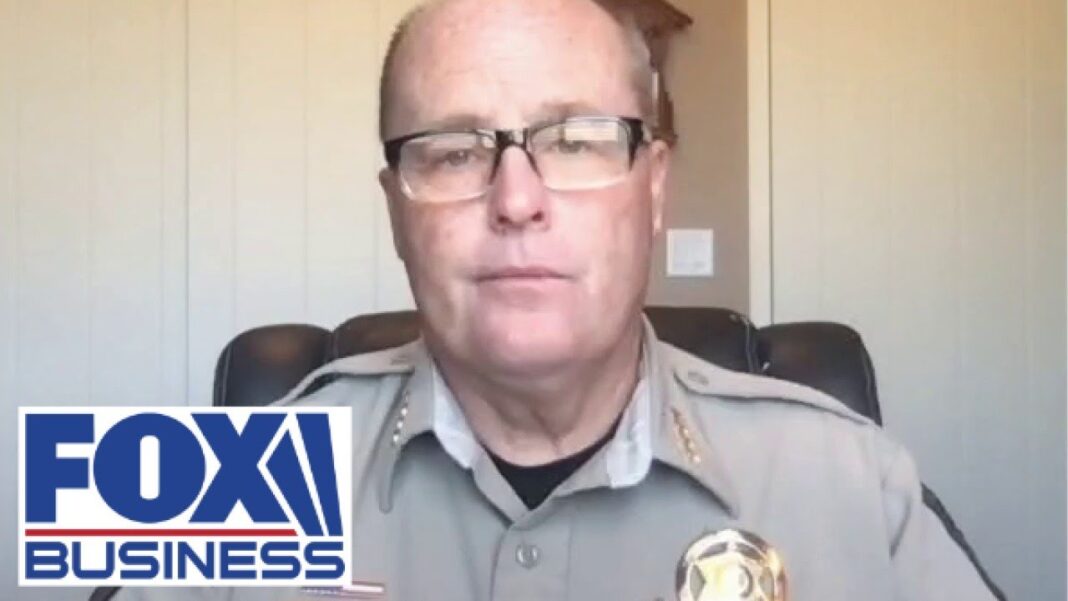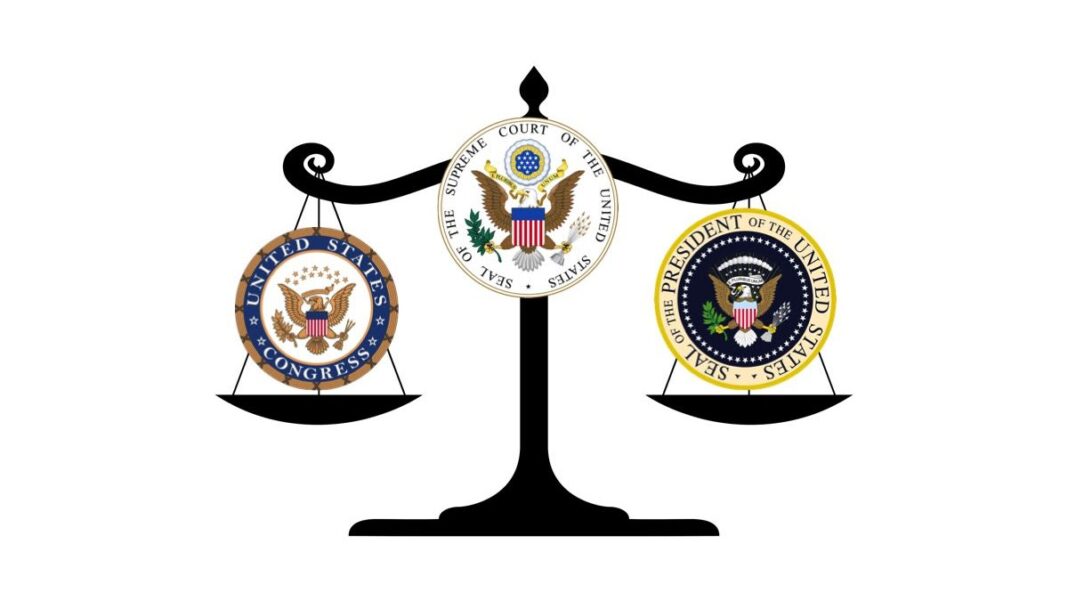To many Americans, Herbert Hoover is remembered as a cold and distant man in an old-fashioned collar. Many history books label him as the President who did nothing to stop the Great Depression. Because of this fabricated image, few people today realize that Hoover actually worked vigorously to halt the depression.
Election of 1928
Hoover’s only previous political experience was his serving as Secretary of Commerce under Harding and Coolidge, but he swiftly won the Republican nomination for President by an overwhelming majority. Hoover was not popular with the Republican professional politicians, yet he was so popular with the people that no one wanted to oppose his nomination. He won the election in a landslide, winning 444 of the 531 electoral votes cast.
Hoover’s Politics
Herbert Hoover called the presidency “the inspiring symbol of all that is highest in American purpose and ideals.” He disliked bureaucracy and supported free economy. He also believed the federal government should “preserve the independence of the individual from the deadening restraints of government, yet by the strong arm of government equally protect his individual freedom, assure his fair chance, his equality of opportunity from the encroachments of special privileges and greed for domination by any group or class.” The Democrats classified Hoover as merely an “amateur” politician; even the Republican leaders sensed he was different from the rest of their party. But Hoover was unconcerned about popularity, and is reported to have said, “I’ll kiss no babies.”
Great Depression and Relief Measures
The basic facts of the Great Depression are familiar to all. When Hoover took office the country was prospering; on October 29, 1929 the stock market crashed. President Hoover was resolved to help his country, but he did not want to “strike at the roots of self-government” by providing relief through the federal government only. He maintained that private charity was the main solution to the distress brought on by the depression. Hoover strongly believed that “you cannot extend the mastery of government over the daily working life of a people without at the same time making it the master of the people’s souls and thoughts.” Hoover felt direct federal aid would be unhealthy for the nation in the long run whereas keeping aid on a local level would be most beneficial.
However, he was the first President to make relief a federal responsibility. But he carefully made sure not to abuse the Constitution while doing so. For instance, Hoover turned down the idea of the National Recovery Administration (N.R.A.) which would basically have allowed the federal government to regulate every aspect of the economy. To Hoover, the N.R.A. was unconstitutional and “fascist.” President Hoover was even told he would have big-business backing in the 1932 election provided he implement the N.R.A. When Hoover refused, big-business backing supported Roosevelt instead.
One example of the relief provided by Hoover’s administration was the Reconstruction Finance Corporation (R.F.C.) act—a federal loan agency concocted to aid business—signed in 1932. The R.F.C. would provide up to two billion dollars in bonds to help famers with mortgages, expand public works, and feed unemployed. It also helped finance banks, railroads, and insurance companies.
Other Efforts to Halt the Depression
Breadlines, soup kitchens, and corner apple-sellers strengthened the appearance of Hoover as doing nothing to halt the depression, but he continued to work tirelessly to help save the country from disaster. Hoover also shied away from publicizing these efforts, not wanting attention called to them which might cause the public to panic. A hard worker (often working between eighteen and twenty hours a day), Hoover held meetings with business and labor leaders who pledged not to change wages or shut down factories. He created jobs through public works, and made it his goal to keep the nation’s budget balanced, as well as the currency sound.
As a result, around the middle of 1932 there was marked improvement in the depression. Congress did not want to work with Hoover, mainly because his relief system cut down their chances of being able to trade relief money for votes. Hoover gave money only to areas which really needed it, letting it be distributed by the states at the local level. He additionally cut his presidential salary by 20 percent and donated the remainder to charity. He would later say,
“I was convinced that efficient, honest administration of the vast machine of the Federal Government would appeal to all citizens. I have since learned that efficient government does not interest the people so much as dramatics.”
Criticism
Soon after Hoover became President the Democratic press began constantly smearing and criticizing him and his administration. The Democratic National Committee raised funds for the pouring out of endless propaganda against Hoover. Soon new Hoover-related names blossomed nationwide. There were Hoover flags, Hoover breadlines, Hoovervilles, and Hoover blankets. This propaganda, encouraged by the Communists, was a main factor in forming the Hoover image for the public. “If you put a rose in Hoover’s hand,” one ill-informed person remarked, “it would wilt.”
Election of 1932
Hoover warned that the 1932 campaign was “more than a contest between two men. It is a contest between two philosophies of government.” Still, he won only six states in the election, losing to Democrat Franklin D. Roosevelt. Hoover’s energetic work had started healing the nation, but now with President-elect Roosevelt hinting at the future drastic measures and economic “experiments” he would make when he got to the White House, the people began to panic. Roosevelt even refused Hoover’s plea for cooperation. The Democrats acted in a manner which, as one author expressed it, “shook confidence and confirmed fears.” They insisted that Congress publicize the list of banks that had taken loans from the R.F.C. Now, these banks were suspected of being unstable; runs followed and banks closed all over the country. Hoover still fought valiantly to restore order. “We definitely had the depression licked,” he later said, “but the election of the New Deal reversed the trend and perpetuated the depression.”
“I Never Have Known Him To Waver”
Throughout his life Herbert Hoover was genuinely concerned about the well-being of his fellow Americans:
“What I have tried to do during these years has been to save the American people from disaster. They do not know what they have missed. Because they don’t know what they have missed, they are dissatisfied with what has been done.”
This then was the way he interpreted the work of his administration. Perhaps the noblest part of his character was integrity, which qualified him to be the great leader that he was. One of Herbert Hoover’s many faithful friends recalled, “I have seen Mr. Hoover at close quarters, in trying circumstances, and I never have known him to waver for a moment between right and wrong.”
Bibliography:
Boorstin, Daniel J. The Landmark History of the American People, Volume II. New York: Random House, 1987.
Freidel, Frank. Our Country’s Presidents. Washington, D.C.: National Geographic Society, 1966.
Lengyel, Cornel Adam. Presidents of the U.S.A.: Profiles and Pictures. Bantam Books, 1961.
Lorant, Stefan. The Presidency. New York: The MacMillan Company, 1952.
Lyons, Eugene. The Herbert Hoover Story. Washington, D.C.: Human Events, 1959.
Taylor, Tim. The Book of Presidents. New York: Arno Press, 1972.







